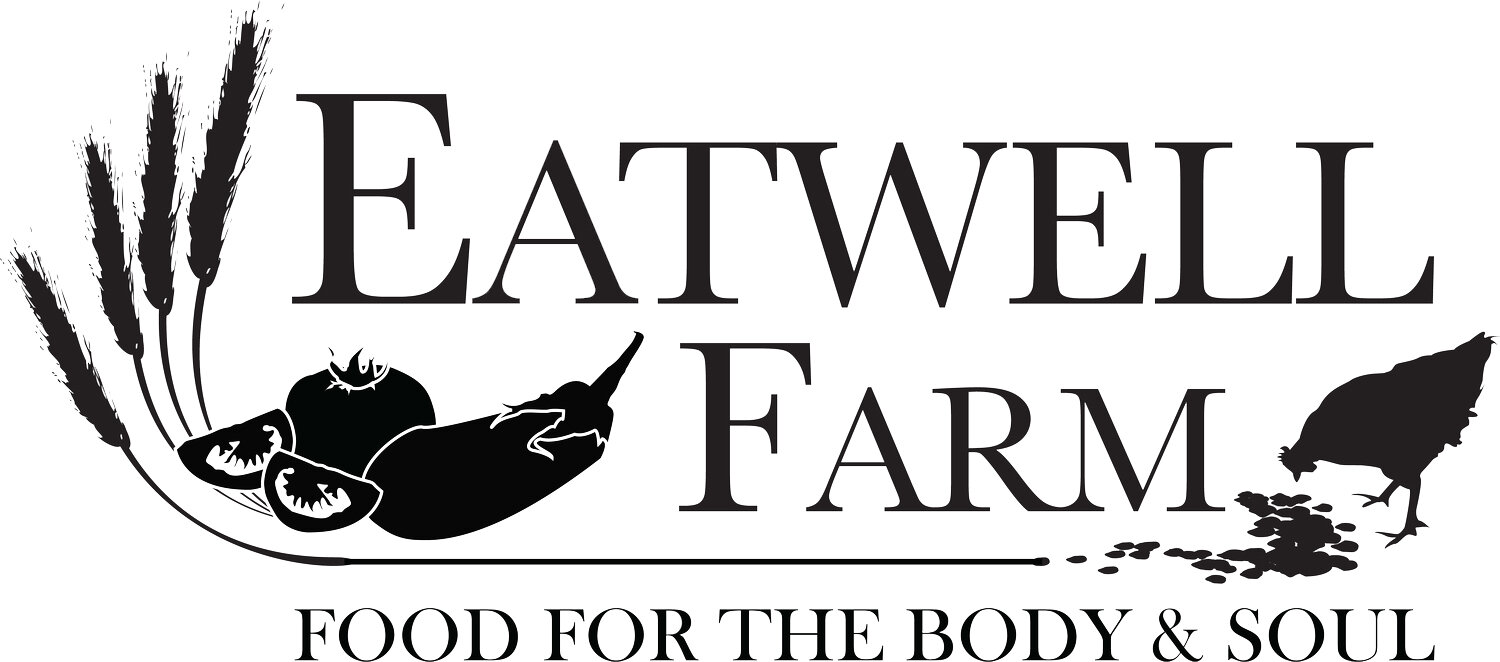Since 2000 we have been using compost made from food scraps collected in San Francisco and Oakland. The compost facility is located five miles south of Dixon. Most of you are aware of what goes into the municipal compost green bins, so you will know that most of the material is not organic and that there are also meat scraps. We could only use this material after it was inspected and approved by the Organic Materials Research Institute (OMRI), which defines which products are allowable on organic farms. They investigate the process in which the product is made, visit the facility and issue a report. You can find all their information at www.omri.org, which is where I go to check on products that I am considering using on the farm.
The composting process that Recology, the worker-owned cooperative that owns and runs the facility, uses has evolved over the last ten years. It has been smelly at times, and there is a small, vociferous group opposed to their work. The group has been talking with the press and saying that the compost is not organic (as well as offering other deleterious comments). OMRI is a very strict organization and investigate every product thoroughly. Also, I have spoken with the Solano County Health Department, who reassure me that they visit the site to inspect and test the compost every month. It is safe to use, and they have not found any dangerous pathogens.
The new improvements to the composting process over the last six month have resulted in more smells from the runoff collected. This is a perfectly legitimate complaint for those that live nearby. Recology take what would otherwise go to the landfill to produce methane gas, twenty times more damaging to the environment than carbon dioxide so there has to be a way of maintaining production at this facility. Recology says it has spent over $3 million on upgrading the process to improve the compost and reduce odors.
The big picture here is that food scraps from urban areas are being re-used in the form of compost to grow more food to send to the city. This is truly recycling at its best. I wish more cities would consider this. In a couple of weeks we are hosting a visitor from Japan who is hoping to set up a similar composting facility there.
We are now growing pasture one year out of three on our row crop ground. The chickens roam on this pasture, depositing their fertility. We then grow two years of vegetables and then the pasture returns. This will now be the basis of our fertility program, we will rely much less on bought in fertility such as the compost and other approved organic materials. As I always say... this is a journey we are on to make the farm and the farm to city relationship a more sustainable one.
Thanks for reading... Nigel
